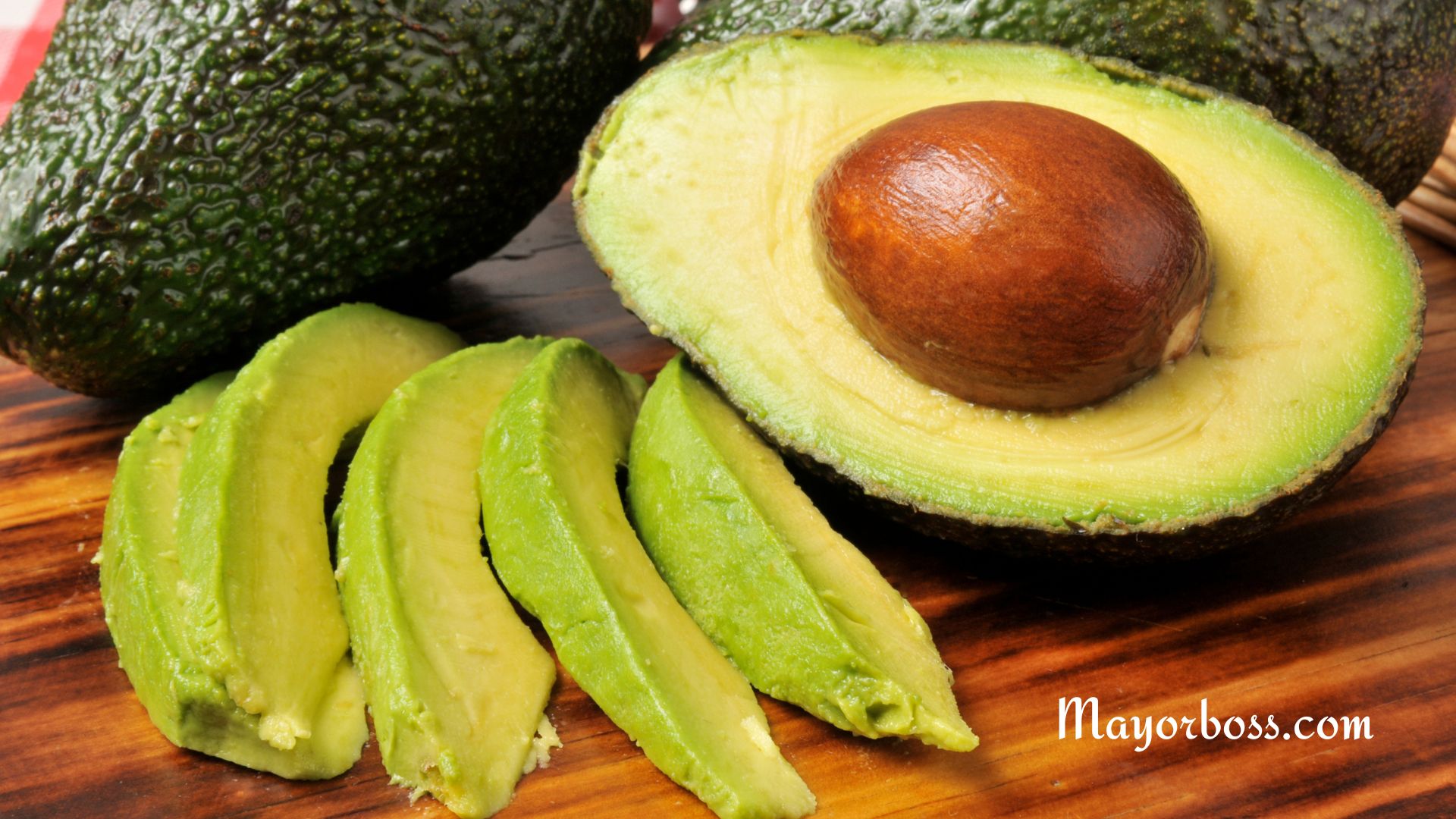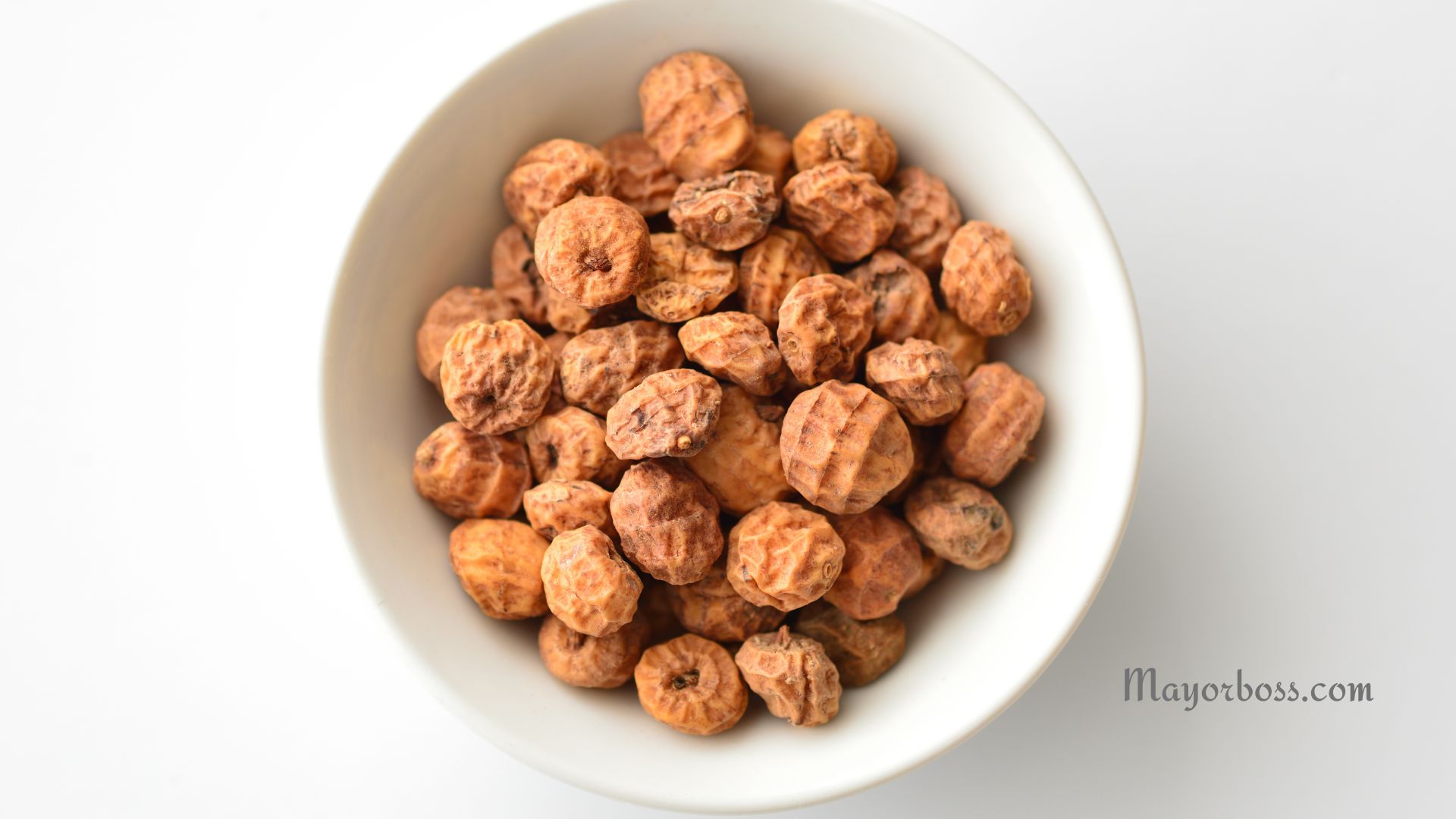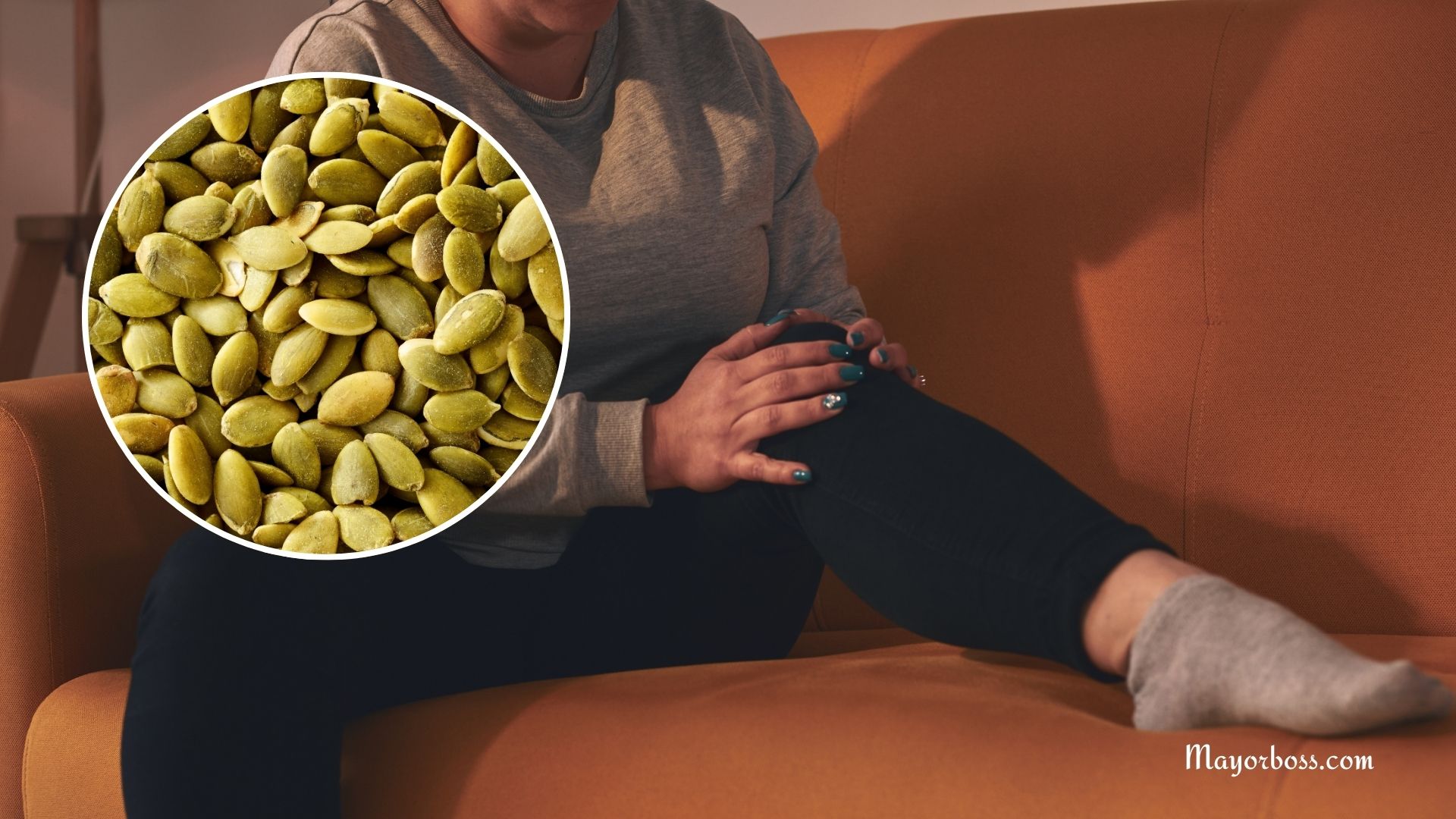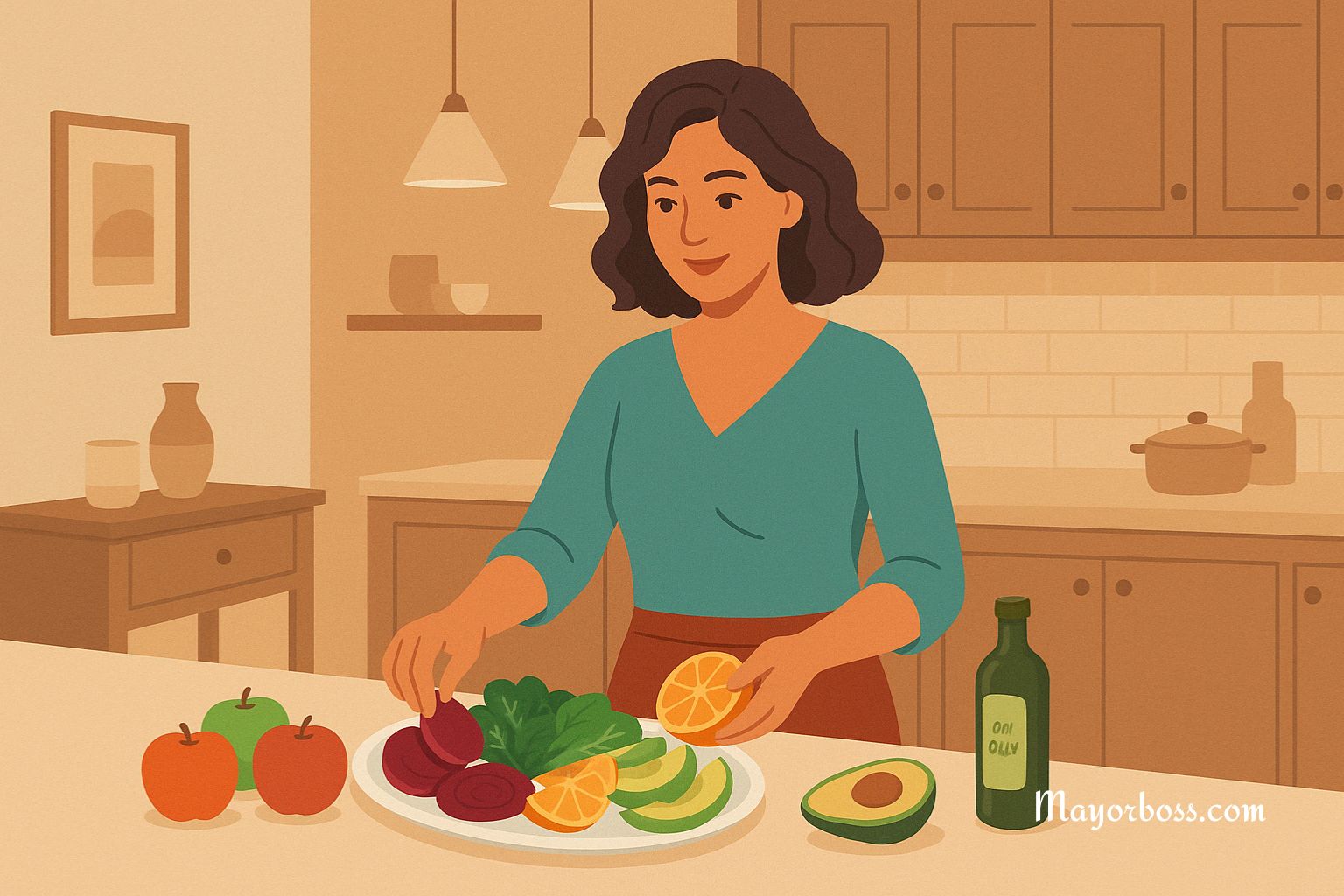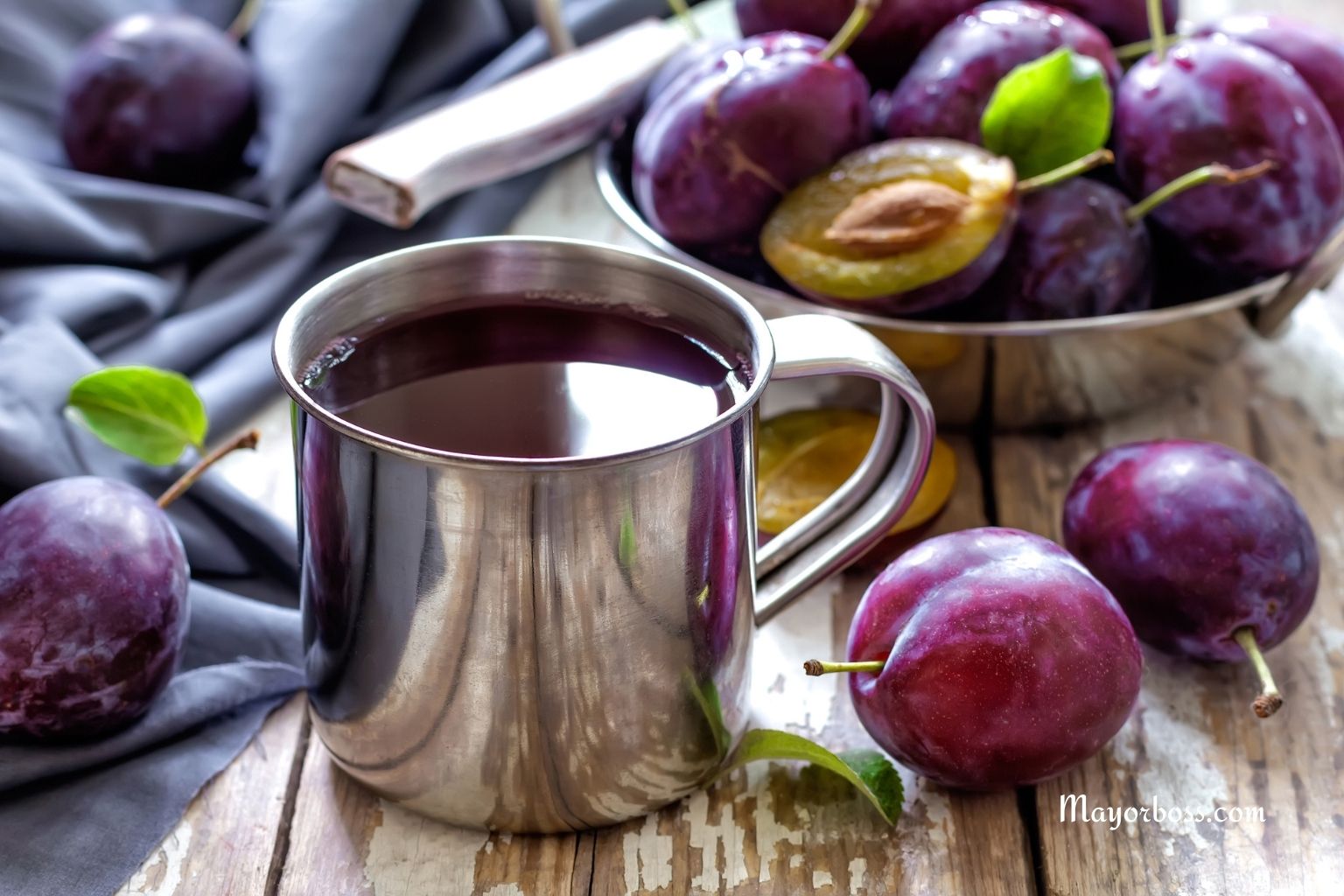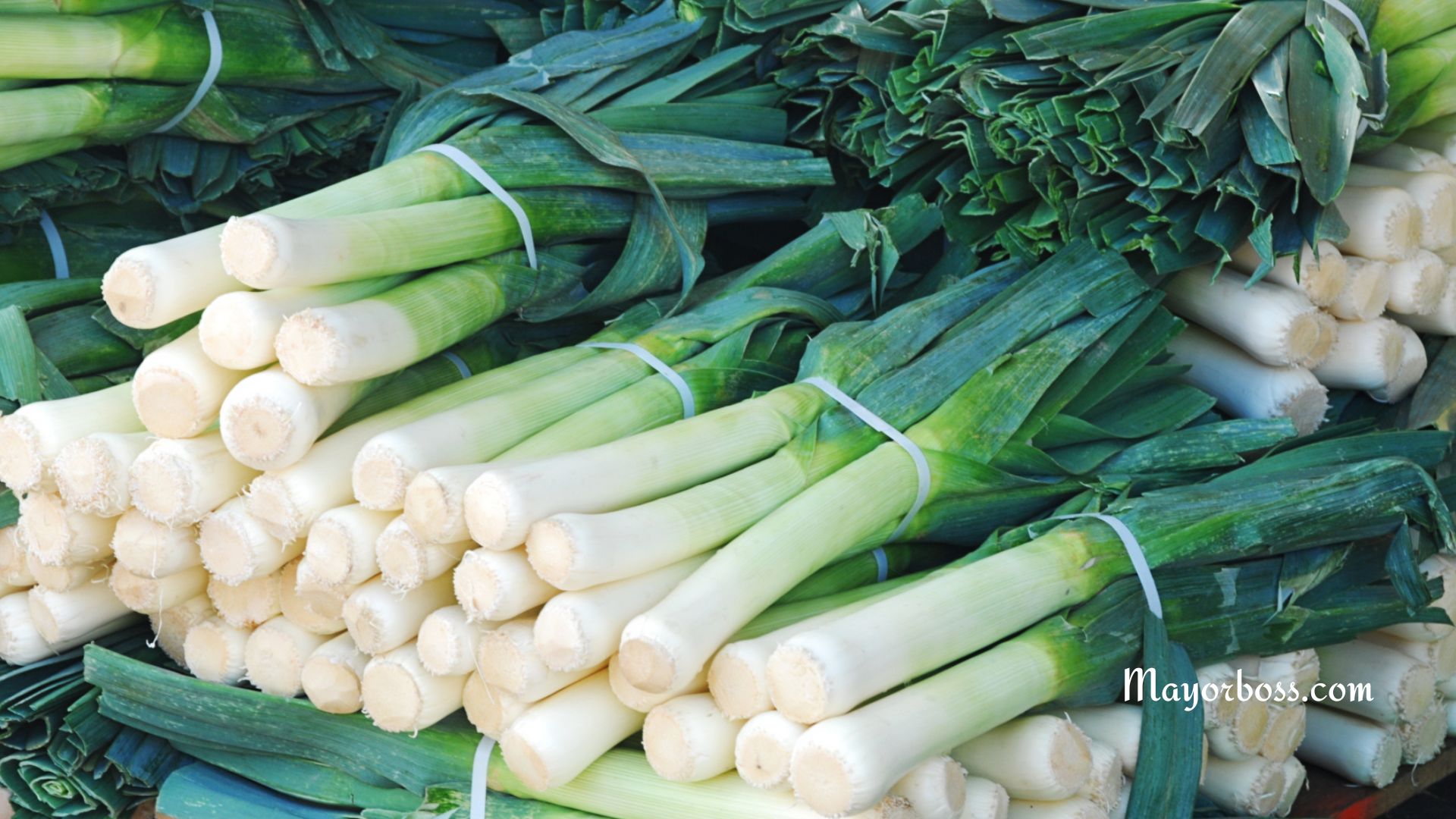15 Foods That Make You Poop Fast
Constipation is uncomfortable. It can cause bloating, gas, and even pain. But the good news is, certain foods can help you go to the bathroom faster. These foods work by softening your stool, increasing bulk, or stimulating bowel movement. Let’s go through 15 foods that help you poop quickly and naturally.
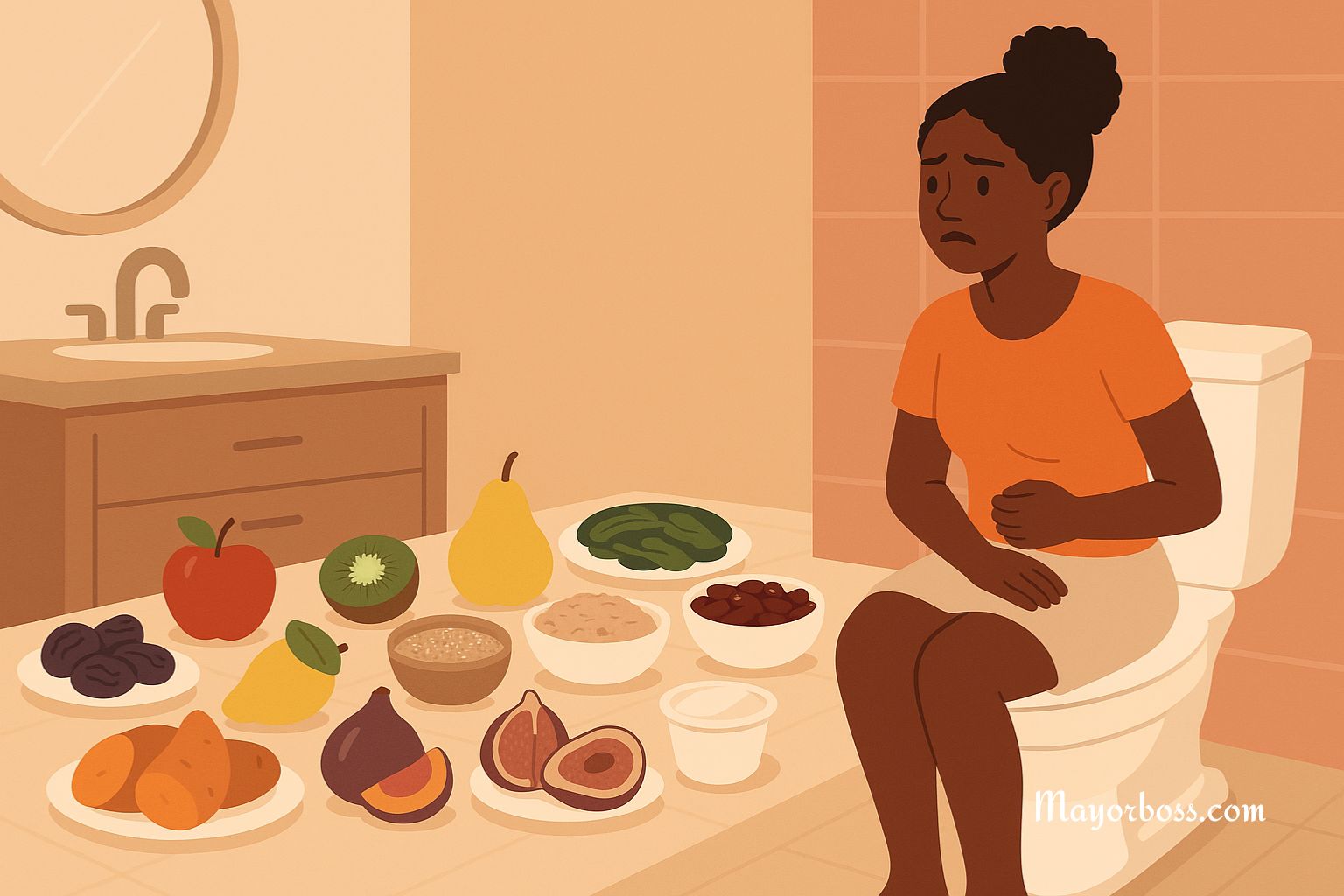
1. Prunes
Prunes are dried plums. They are one of the most well-known natural laxatives. Prunes contain fiber and a compound called sorbitol, which pulls water into the intestines. This softens the stool and encourages movement. Eating a handful of prunes can often bring relief within a few hours.
2. Apples
Apples are rich in fiber, especially a type called pectin. Pectin helps soften stools and speeds up digestion. Eating apples with the skin provides the most fiber. They also contain water, which helps prevent dry, hard stools.
3. Kiwi
Kiwi is a small fruit with powerful effects on digestion. It contains actinidin, an enzyme that supports bowel function. Kiwi is also high in fiber and water. Eating one to two kiwis a day can help promote regular bowel movements.
4. Chia Seeds
Chia seeds are loaded with fiber. When soaked in water, they swell and form a gel-like texture. This adds bulk to your stool and helps move it through your intestines. Add them to smoothies, yogurt, or oatmeal.
5. Oatmeal
Oatmeal contains soluble fiber, which turns into a gel in your gut. This softens stool and makes it easier to pass. Oatmeal also keeps you full and supports overall digestive health. Choose plain oats instead of flavored ones with added sugar.
6. Pears
Pears are another fruit high in fiber and water. Like prunes, pears contain sorbitol, which helps draw water into the colon. This makes stool easier to pass. Eating a ripe pear can gently stimulate a bowel movement.
7. Spinach
Spinach is packed with fiber, magnesium, and water. Magnesium helps draw water into the intestines and supports muscle movement in the colon. Cooked spinach is easier to digest, but raw spinach works too.
8. Beans
Beans are rich in both soluble and insoluble fiber. They bulk up the stool and speed up its movement through the gut. Black beans, lentils, and chickpeas are excellent options. Add them to soups, salads, or stews.
9. Sweet Potatoes
Sweet potatoes provide a mix of fiber, water, and natural sugars. Their fiber helps push waste through the intestines. They are also gentle on the stomach and easy to digest. Baked, boiled, or mashed—any way you prepare them helps.
10. Figs
Figs contain a natural sugar called fructose, along with fiber. This combination helps to move stool through the colon. Fresh or dried figs can both work. Just be mindful of the portion, as too much may cause gas.
11. Yogurt with Live Cultures
Yogurt with active probiotics supports healthy gut bacteria. These bacteria can improve digestion and help regulate your bowel habits. Look for labels that say “live and active cultures.” Avoid yogurts with a lot of added sugar.
12. Watermelon
Watermelon is mostly water. While it doesn’t contain much fiber, its high water content helps hydrate the digestive system. This can soften stool and stimulate a bowel movement, especially if you’re mildly dehydrated.
13. Coffee
For many people, a cup of coffee stimulates the urge to poop. Coffee increases activity in the colon and can help push stool along. The effect may be stronger with regular coffee than with decaf. However, don’t overdo it, as too much caffeine can cause dehydration.
14. Whole-Grain Bread
Whole-grain bread contains insoluble fiber, which adds bulk to your stool and speeds up its passage. Unlike white bread, whole-grain bread keeps your digestive system moving. Choose breads labeled “100% whole grain” or “whole wheat.”
15. Avocados
Avocados are high in fiber and magnesium. This helps keep your bowels regular. They also contain healthy fats that support digestion. Spread avocado on whole-grain toast or add it to salads and smoothies.
When to See a Doctor
If you’re eating high-fiber foods and still struggling to have a bowel movement, talk to your doctor. Constipation that lasts more than a few days or keeps coming back might signal a deeper issue. Some people may also need medical treatment or a change in medication.

